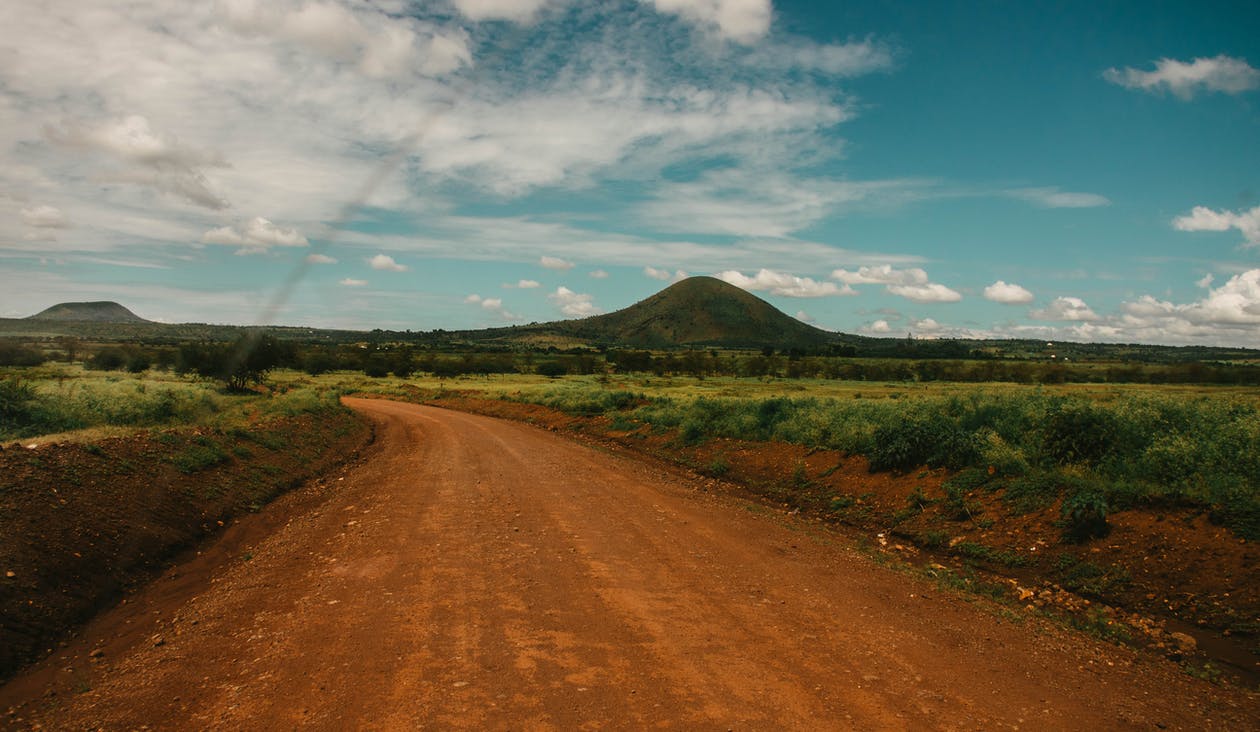Featured
How Africa can be transformed and the way forward…

Africa is the world’s youngest continent, and whilst other regions are aging, Africa will nonetheless be mostly young with about 65 percent of the populace under the age of 30 in 2030. Therefore, the top precedence should be investing in young people.
The experiences of successful countries in Asia, Latin America, and somewhere else present two important factors of effective economic transformation processes. The first is that there are discernible frequent characteristics in the
patterns of structural change and monetary development processes in general, industrialization and diversification in particular. The 2nd and overarching feature is that the state performs a central role in guiding and promoting profitable economic transformation. Developing infrastructure, attracting foreign resources, and growing productivity are important factors of successful transformation, as are strong and useful institutions.
Read: How to fix up your MISTAKES and be great again!
However, many African countries suffer extreme infrastructure deficiencies, especially energy infrastructure. The central position of the state in economic transformation may additionally require a “developmental state” approach. Evidence provided by several studies indicates that Japan, Korea, Malaysia and Singapore carried out deep structural economic transformation and sustained growth over three many years largely through a disciplined planning approach.
Most African international locations failed to achieve sustained economic growth, and as such, did now not achieve significant structural transformation of their economies, and the assignment of meaningful development persists. Authorities have to be higher at identifying good standards to determine the industries appropriate to their endowment shape and level of development.
The government policy to facilitate industrial upgrading and diversification ought to be anchored on industries with latent competitive advantage so that, as soon as the new industries are established, they can quickly become aggressive domestically and internationally. For African states to effectively transform their economies, they want to plan the process; formulating relevant financial and
social development strategies and policies; and enforce the plans and policies.
Here are ways to our development
Africa’s rise is in danger of faltering. After years at some stage in which the continent’s economy grew at an average annual charge of 5%, global uncertainty, depressed commodity prices, and jittery external stipulations are threatening to undermine decades of much-needed progress. Ensuring the wealth and wellbeing of the continent’s residents will no longer be easy; but there is much that policymakers can do to put Africa returned on an upward trajectory.
First and foremost, policymakers must secure the financing wished to pursue sustainable development in an uncertain international environment. The secret behind those different countries’ success is relentlessly focused leaders, whether entrenched however benign dictators or democratically elected politicians with a shared vision of a broad-based economy. Sub-Saharan Africa has paths for diversified boom that many of the trailblazers did not: value-added agriculture and agro industry, the processing of mineral resources, petrochemical complexes,
manufacturing of durable and consumer goods, tourism and entertainment, and an rising information-technology sector.
As the necessary measures for diversification are implemented, policymakers must make sure that the economic
growth they are pursuing creates jobs. Sadly, this has now not always been the case. Much of the recent boom has benefited only a few, leaving many behind most quite young people and women. inequality rose in many of the continent’s most vital economies, including South Africa, Nigeria, Ghana, Tanzania, and Rwanda.
To that end, policymakers must make certain that growth is channeled into sectors that create jobs, such as agriculture, manufacturing, and services. They may additionally have to redistribute income and strengthen social protection nets to protect better these at the bottom of the ladder. Matching skills to job possibilities will be crucial. Some 70% of Africa’s population is under 30, and the continent is domestic to half the world’s primary-school-age children who have been disadvantaged of the opportunity to study. Offering Africa’s children simple reading, writing, and technology skills, as well as vocational, technical, and entrepreneurial training, ought to be a top priority. Weak health-care systems should also be strengthened in order to handle the endemic diseases that sap productivity, such as malaria, as well as enhancing preparedness for outbreaks of deadly epidemics.
As the world economy sputters, African international locations will have to develop trade with one another. years returned African goods and services accounted for simply 16% of trade within the continent, and simply over 3% of
world trade. One problem is that most African countries produce the equal type of commodities and trade them with very little value-added. Policymakers ought to encourage greater specialization; differentiated items and services will add value and extent to trade. Africa’s potential can hardly be overstated. The continent is nicely placed to build different economies based on low-carbon, sustainable infrastructure. But policymakers cannot clearly assume that Africa’s rise will continue. They should take the right steps to ensure that it does.
For Africa to reap the rewards of this demographic dividend, younger people need to be geared up with the skills and capabilities to be part of the modern economy—a challenge the United States shares. Continued funding in
basic education is a must, and investing in laptop literacy, skills training, and building the ability of science and engineering teachers is an area of joint interest.









Choke
April 18, 2022 at 10:49 pm
With God on our side it will come to pass if and only if we can make it work